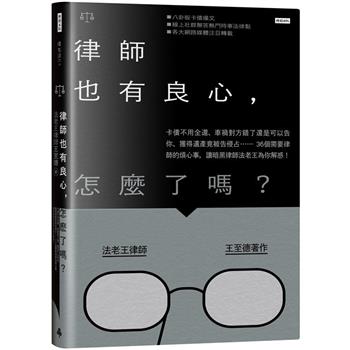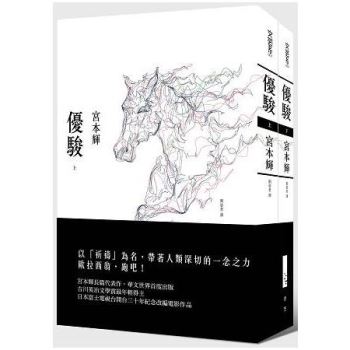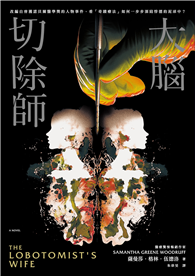There is nothing new in thinking that we live in stupid times. Many past thinkers thought about stupidity as a symptom. However, Lacan considered stupidity as immune to the influence of psychoanalysis, saying about himself, "I am only relatively stupid―that is to say, I am as stupid as all people―perhaps because I got a little bit enlightened." Here stupidity’s inescapability signifies (and is signified by) the absence of any coherent foundation in desire and lack but instead emanates from the will to jouissance.
In Stupidity and Psychoanalysis, internationally respected Lacanian analysts and theoreticians think about how we can understand stupidity as a specific psychoanalytic encounter. This collection draws critical Lacanian attention to considering new ways to approach stupidity and stupor as contemporary subjective and social forms. Contributors provide insights into how stupidity might be rethought as a contemporary signifier whose importance lies more in producing effect than in transmitting meaning.
Contributors: Gioele P. Cima, Christian Ingo Lenz Dunker, David Ferraro, Luis Izcovich, Adrian Johnston, James Martell, Jean-Michel Rabaté, Samo Tomsič, Antonio Viselli and Cindy Zeiher.












